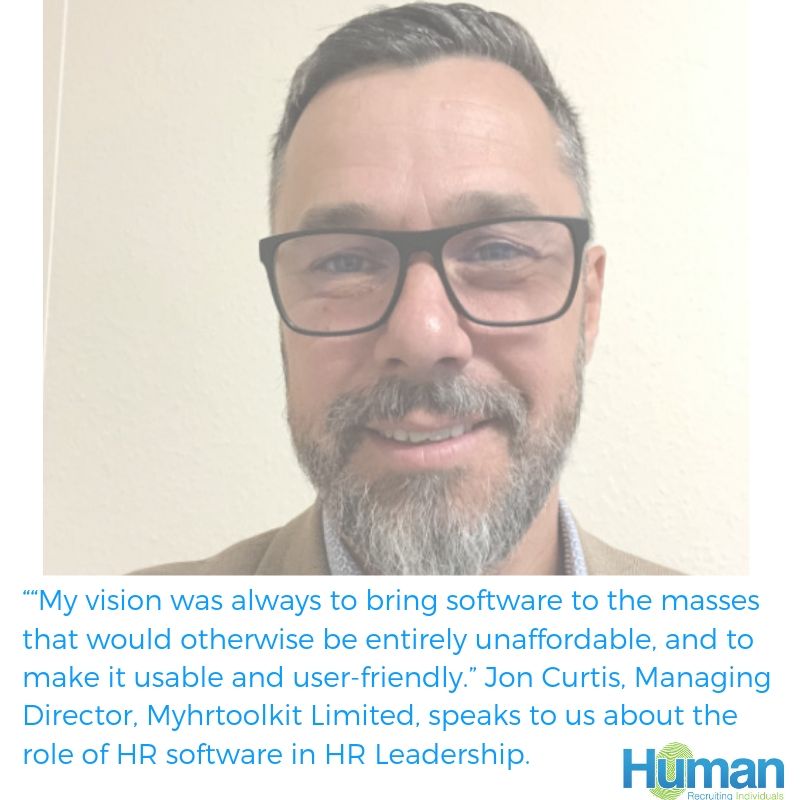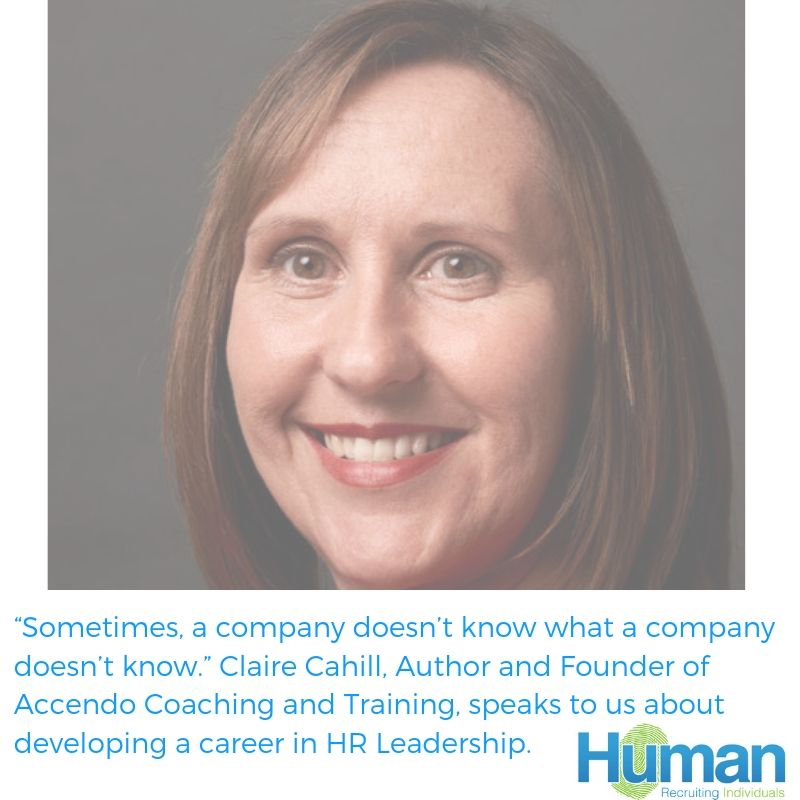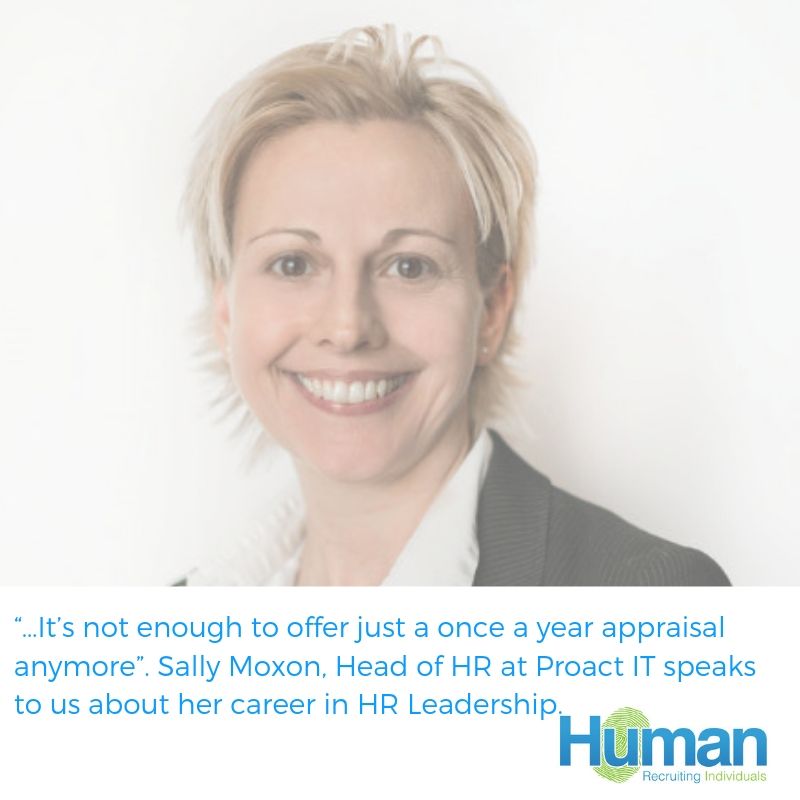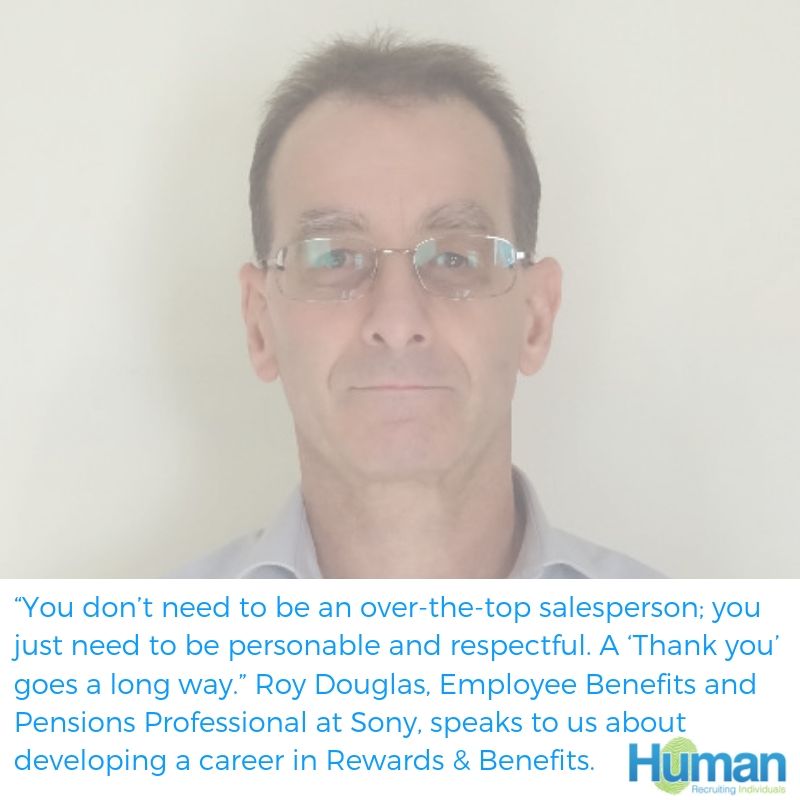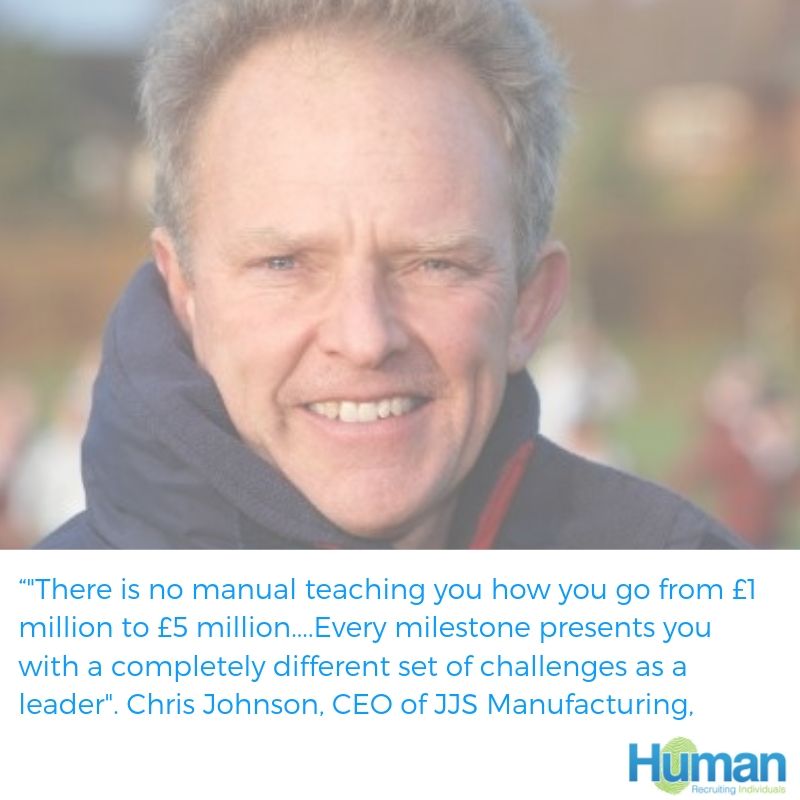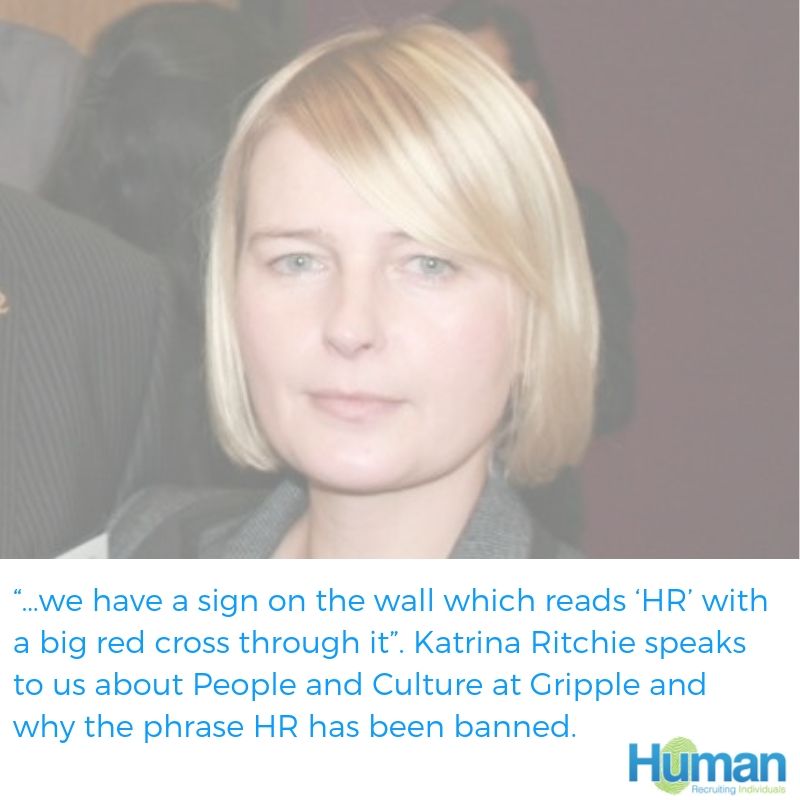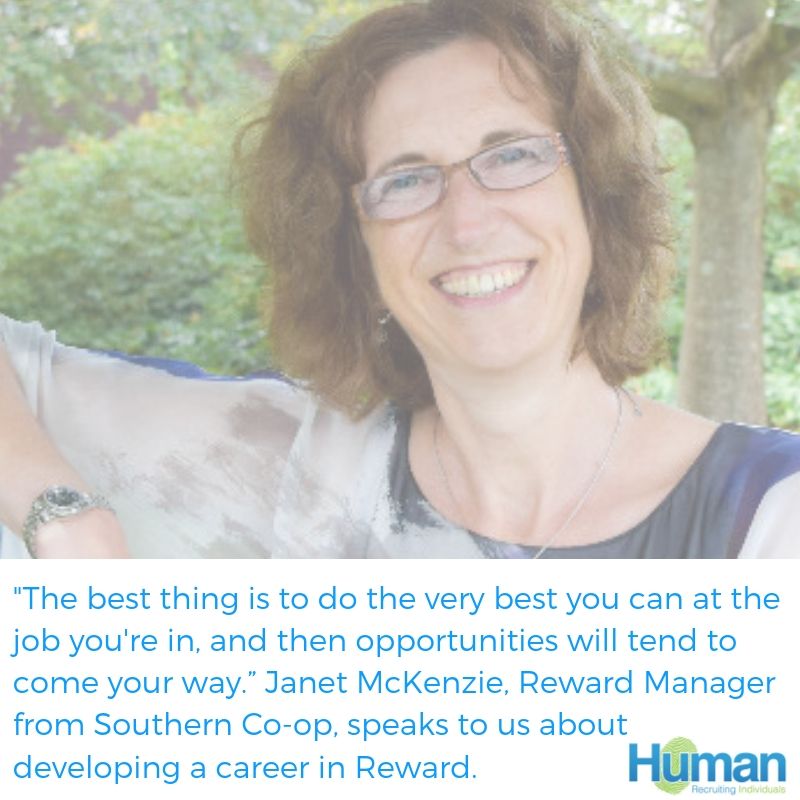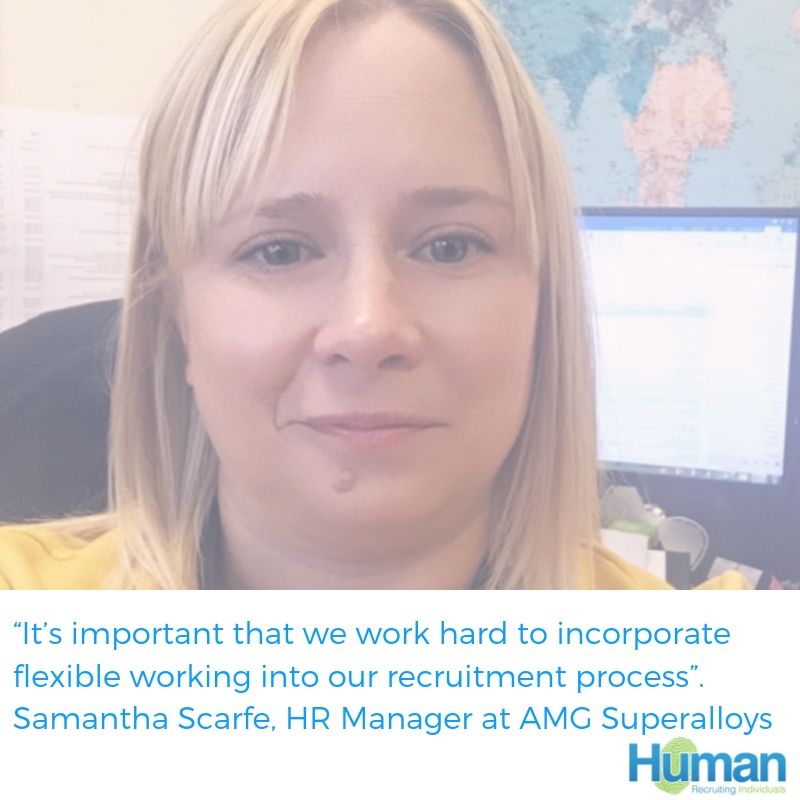“Ultimately, in today’s world, it’s not just about technical knowledge, it’s about your courage, your conviction and clarity of perspective”. Mohana MD, HR Director at SAP UK, speaks to us about developing a career in HR Leadership.
As part of our commitment to supporting candidates to develop fulfilling careers, we’ve invited some HR Leaders to share the secrets of their success. This week, we had a great conversation with Mohana MD, who began her career as a Senior Specialist Recruitment operative at Fidelity Investments before moving on to become Manager of Human Resources. In 2014, Mohana joined SAP Labs India as a Senior HR Business Partner, before becoming the HR Director of SAP Global Talent Experience in 2016, and settling into her current role as an HR Director and Business Partner at SAP UK. Can you tell us how you got into HR and why? I was born and raised in India, and after gaining my BA, I continued studying and did my MSc in Psychology with a specialisation in Organisation Behaviour. As a natural next step, I began looking for a job. The IT & ITES industry was growing at that time in the so-called Asian market, and I joined Fidelity Investments. It was a really great opportunity when I look back; I joined as a recruiter at a time when they were just starting off, and that experience was invaluable to my career. I did that for four years, but in around 2008, there was a slow down and that’s when I started exploring. When you do well in something, you tend to fall in love with it over a period of time, and I really did take to HR a lot while I was doing recruitment; I felt there was a lot more in HR that I could try to do. One of the things that I decided to do was to look up work or further education opportunities within the HR sector. With that I pursued my interest in education and joined the Tata Institute of Social Sciences and took up a Master of Arts course there within the field of HR and Labour Relations. Fidelity Investments kept in touch with me, and after I graduated I chose to join them in a role that encompassed organisation development as well as leadership program development. It was a very interesting role, because as a student you learn a lot, but when you get into a role like this you could directly apply those principles and theories directly. As the organisation had matured, those initiatives were very well-funded to cater to the leadership development needs of the organisation. Before I left Fidelity Investments and moved to SAP, I also managed a team across different locations in India, and we supported the HR for operations functions within India itself. I left Fidelity to try a new challenge and join an organisation that could take my career globally; taking chances even when you are doing well ensures how much more we learn along the way about our capabilities. Connecting with leaders helped me decide the organisation I was going to join next and it landed particularly well with SAP. They’re known as the best place to work in India, so it’s sort of a highlight when you get a chance to work there. I joined as an HR Business Partner and supported the services organisation as well as the technology organisation, but my most important role was to support the HR director to manage four legal organisations with 10,000 employees and I also had the chance to work on building continuous learning mindset with Asia-Pacific HRDs. I undertook a lot of important initiatives in that time, but an opportunity in the role along with all the HR work we did was also to partner with the technology teams in SAP to help develop tech applications & apps to run our HR initiatives digitally, which helped scale our programs and employees could use them anytime, anywhere! Truly creating an engaging environment. After a year, I joined the office of the CHRO in SAP as an Executive business assistant which took me to Germany. This taught me how our HR organisation runs globally and what it took to achieve the success we have from an employee experience perspective, That experience allowed me to get into the global talent management space, but I don’t have a conventional profile of doing one job. Before moving to Germany, I was asked to lead the development of the performance philosophy strategy ‘SAP Talk’ without ratings. We were a small team, but within a month, we had re-strategised the company’s performance management, all while doing our main roles. It can be difficult to take on extra responsibilities, but it really adds credibility to the work that you do, and you can do very well in a big company like SAP. After that, I stayed in global talent management to lead a program to strengthen and renew our Individual contributor career path into Executive levels at SAP called ‘Expert Experience’. This involved the end to end management of any large scale change & transformation work. In the digital world leveraging digital communities as a concept in the program helped us bring employees around the world with various skill sets onto a single platform, which facilitated a path toward self and democratic learning! The development of this program has been one of the key highlights of my career. Following that, I decided to leave Germany and try something different, so I moved to the UK. I continued my global role for a time, but now I’ve taken on a HR Business Partner role here to manage regional and global sales leaders out of the UK. Can you tell me about the challenges and prevalent themes that you’re seeing across the HR sector? Throughout my experience, I’ve consistently seen opportunities that organisations have with internal collaboration between teams, functions etc. I feel that structures limit people from common visions, and in most cases, teams could achieve things faster if structures were framed suitably. Having women in management and women across layers is a key differentiator in organisations, and I think that it’s only going to become


